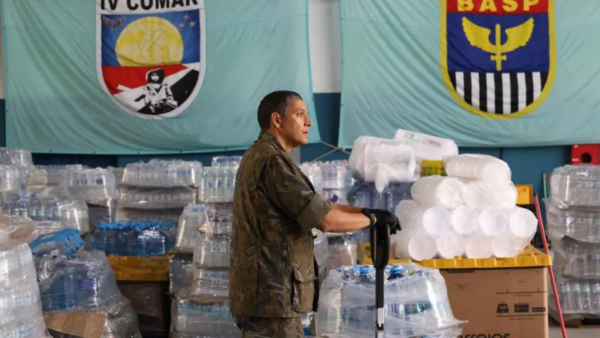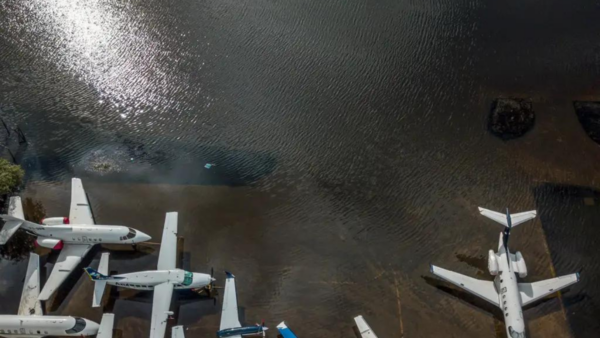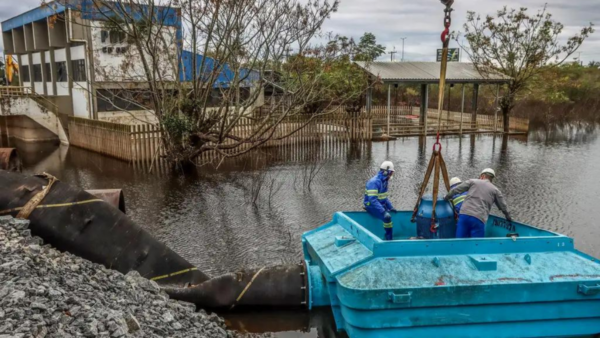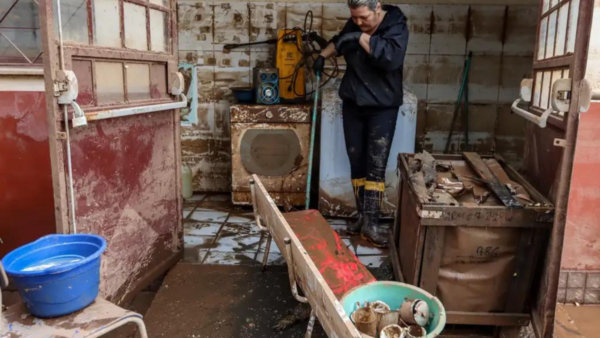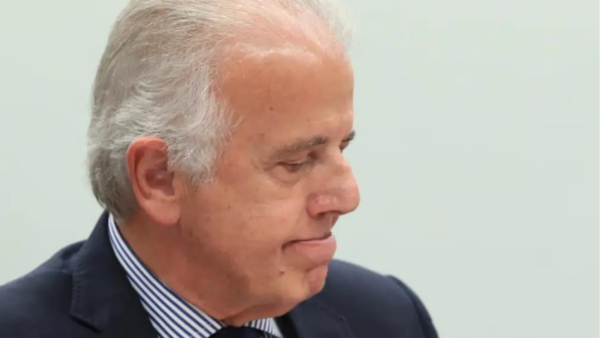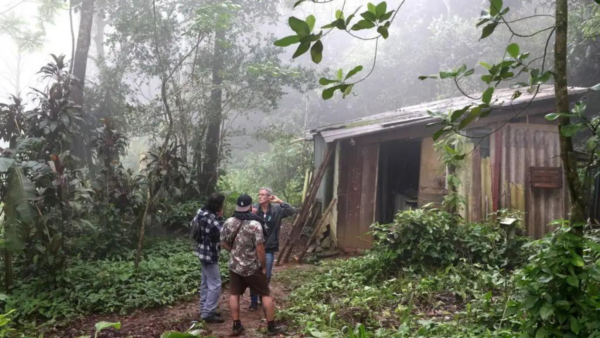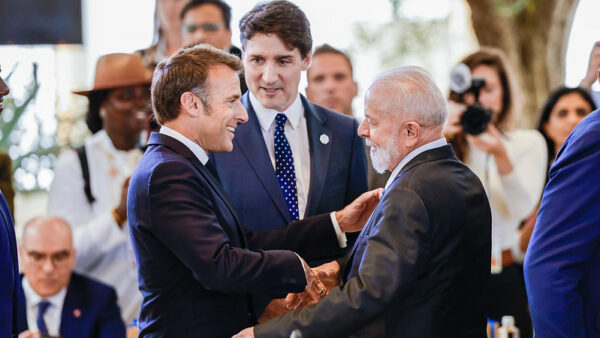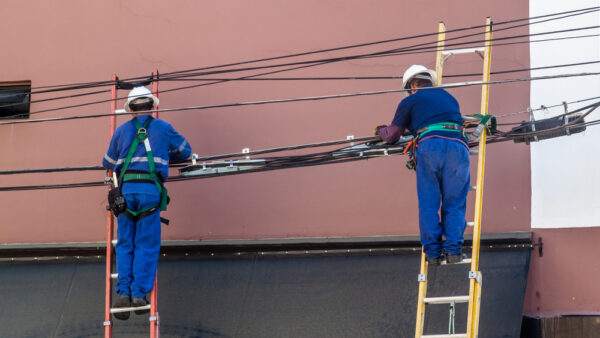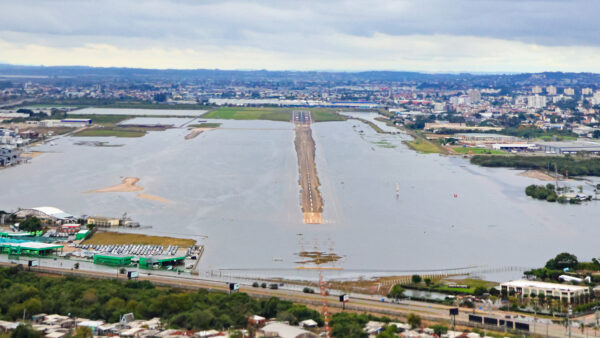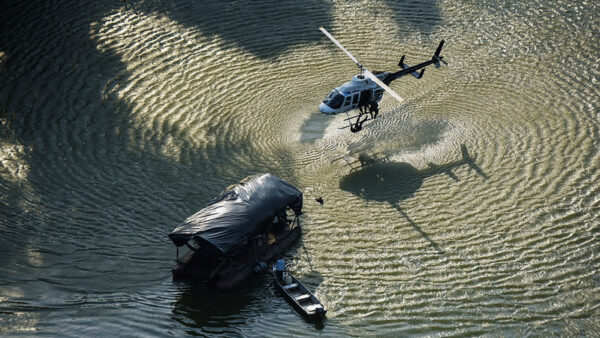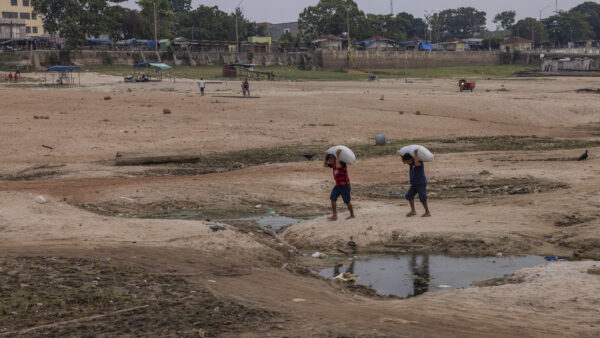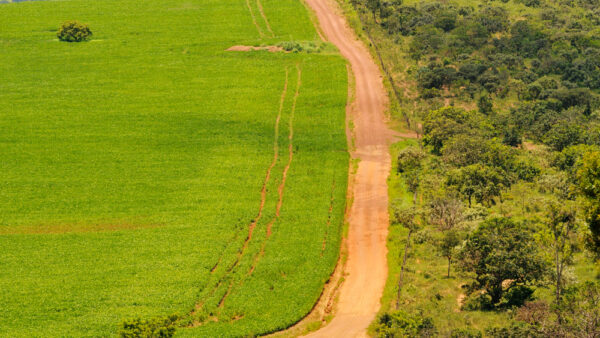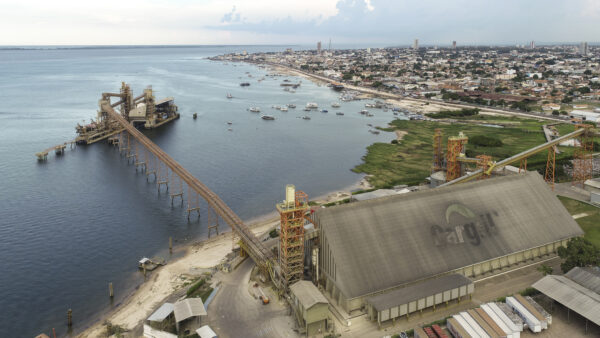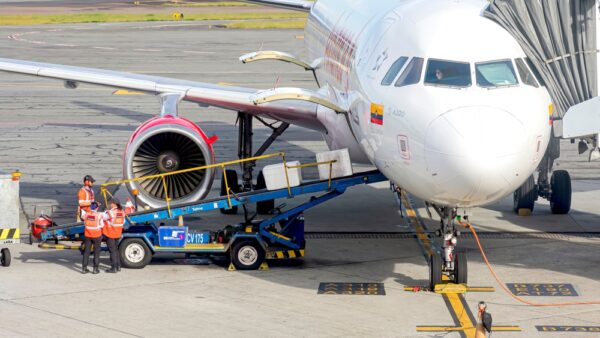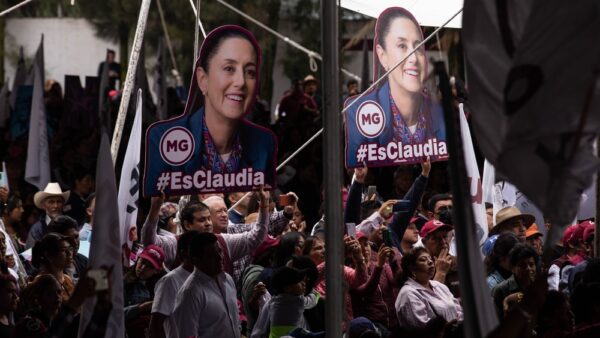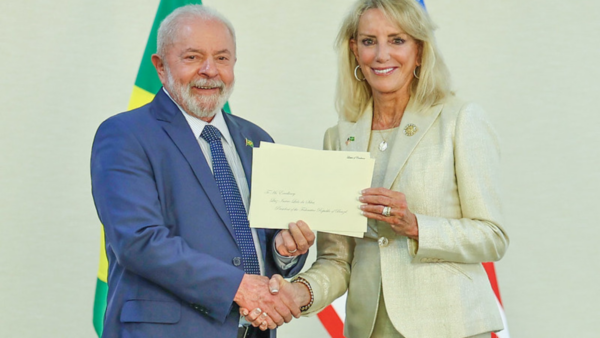The board of Brazil’s oil giant Petrobras on Friday elected Magda Chambriard as the government-controlled company’s new CEO, replacing Jean Paul Prates.
According to a statement, Ms. Chambriard also immediately took a seat on the board, without the need for approval by shareholders.
Back in March, Mr. Prates said on social media that the Petrobras board took a position “guided by the president [Luiz Inácio Lula da Silva],” in a decision to withhold the company’s extraordinary dividends. The decision led to a crash in Petrobras shares and rumors that Mr. Prates would be fired.
Mines and Energy Minister Alexandre Silveira later said in a press conference that “the claim that President Lula participated” in the decision was “unfounded.”
Mr. Prates publicly opposed the retention of the dividends, and abstained from a vote in which government-appointed board members rejected a proposal to pay extraordinary dividends shareholders were expecting. Shareholders eventually decided to pay the dividends as Mr. Prates had proposed.
Nonetheless, Mr. Prates was fired. Petrobras stock plummeted again after the abrupt announcement of his dismissal.
Mr. Prates fell after losing a political battle with Mr. Silveira and Chief of Staff Rui Costa, who want more government control over the company. As The Brazilian Report explained, replacing the Petrobras CEO adds to Lula’s attempt to interfere in mining giant Vale months earlier.
Ms. Chambriard started her career in Petrobras in 1980. She holds a civil engineering degree and a master’s in chemical engineering. She also previously served as director in the National Oil Agency (ANP).
The Lula administration is also pushing for Petrobras to explore oil in the so-called Equatorial Margin, which is believed to be one of the world’s most promising new oil frontiers — though any operations in that region would be fraught with environmental risk.


 Search
Search